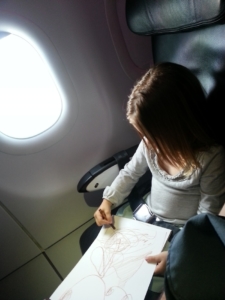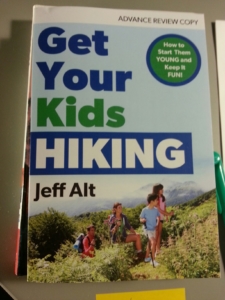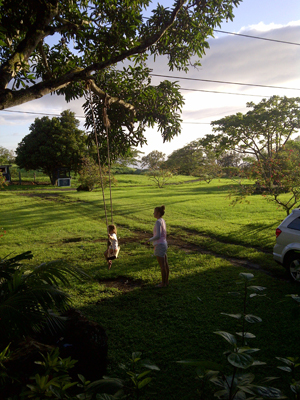Parents as Censors: Modern Family Travel Reality?
By now you probably have read about the incident on a United Airlines flight last month in which a pilot misconstrued a father’s request to shut off an inappropriate movie as a security threat.
Details of how things played out are ugly: Inappropriate scene came on, family objected, family asked politely that the movie be turned off, one thing led to another, pilot diverted plane and called the feds. (For a good rundown, read this synopsis/analysis piece by my friend and fellow blogger, Amy Graff.)
Lost in the ridiculousness of this story is an issue with which many of us family travelers grapple frequently: The challenge of protecting our children’s innocence when we fly the supposedly friendly skies.
In the case of this particular family, since the movie was “Alex Cross,” I’m guessing it was a violent scene that they felt crossed the line. During our travels, Powerwoman and I have experienced eerily similar sentiments about equally inappropriate subjects of in-flight films: overt drug use, homophobia and violent sex scenes.
When we are outraged, we do what it sounds like this family did (at least at first): We complain politely to the flight attendants.
Usually, this gets us nowhere.
After that, we take a two-pronged approach. On the plane, we use books, word games and other tactics (including “Sofia the First” on our Kindle Fire) to distract the kids from looking at the television screens. Once we’re back at home, we write letters to the respective airlines to formalize our criticisms that way.
To be honest, this follow-up strategy usually doesn’t work either. Kids are drawn to television like moths to fire, and no matter how hard we try to distract them on the plane, they always seem to figure out a way to watch at least a part of the action.
(Then, of course, they ask incessant questions about what they saw.)
Adding insult to injury, I think the best “response” we’ve gotten from one of our letters was a $250 voucher to fly the same disappointing airline again.
The bottom line: If we, as parents in today’s society, want to wield some sort of influence on the types of material to which our children are exposed while flying, we simply must be more active censors.
I’m not saying I expect all airlines to limit themselves to PG-rated content for the sake of us families—trust me, I’ll never take that kind of entitled perspective. But I am saying that when we parents fly with kids, we never know what kind of images might be on those airplane screens, and we better be ready with more palatable material to divert their attention in a pinch.
Books, movies, TV shows, word games, Wikki Stix—we should ALWAYS have this stuff at the ready on a plane.
Amy, my blogger buddy, closes her piece with another great suggestion: Be mindful of the ability to control an airplane’s content when you book. “Look for an airline with individual screens on seatbacks so your kids can watch Nickelodeon throughout the flight,” she writes.
Hear, here, my friends. The more proactive you can be when you fly with kids, the better.






